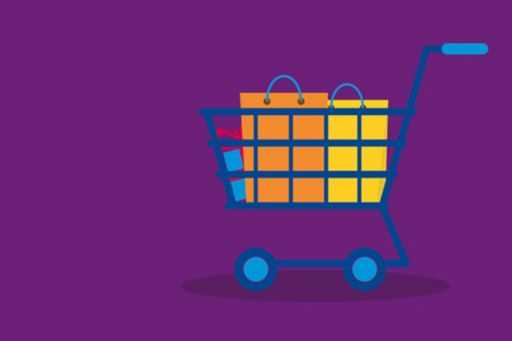Encourage spontaneous purchases, bind customers to brands and improve the shopping experience: The potential of social commerce is huge. In times of consumer restraint, platforms such as Instagram, TikTok, online games and brand websites are expanding the e-commerce offering. The social element is one reason why consumers trust product reviews from neutral sources, from friends and family to brand employees on their respective websites.
Social commerce also offers companies the option of addressing new target groups and generating additional growth. But what are the target groups, channels and success factors for social commerce? And how should social commerce be organised in concrete terms? We answer these questions in the latest edition of the Consumer Barometer.
Firstly, we define and explain the term social commerce and look at the opportunities associated with this expansion of e-commerce. We also find out how the different target groups can be categorised and which success factors are decisive for the concrete design of social commerce messages. For the study, over 500 consumers were asked online about their opinions in a representative online survey.
Stephan Fetsch
Partner, Deal Advisory, EMA and German Head of Retail & Consumer Goods
KPMG AG Wirtschaftsprüfungsgesellschaft
Social commerce is suitable for the masses
More than seven out of ten respondents have already used social commerce to buy a product. Only around one in ten reject social commerce.
- Four out of ten shoppers surveyed spent more than 50 euros on their last social commerce purchase - an important incentive for providers, especially in times of austerity and consumer restraint.
- Almost two thirds of social commerce purchases were impulse buys. Suppliers of products that do not fall under regular or urgent purchases in particular could benefit from this.
The study provides insights into the success factors of social commerce and the design of messages to customers. It shows that a well thought-out social commerce message that is optimised and adapted to the various target groups has far-reaching positive effects on the perception of the company, customer satisfaction and brand loyalty.
About the Consumer Barometer
The Consumer Barometer by IFH KÖLN and KPMG highlights current developments, trends and drivers in the retail and consumer goods market three times a year. Don't want to miss an issue? Then subscribe to the Consumer Barometer here.





